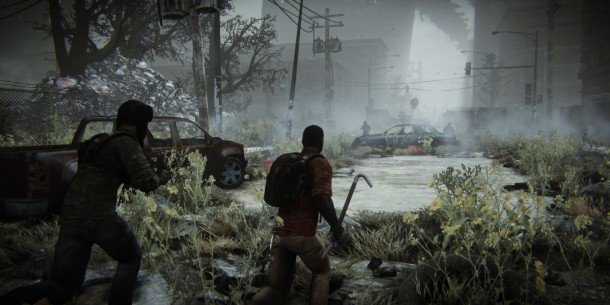
Advertisement
When SHTF, you do what you must to survive, especially when it is a matter of life and death. Sometimes, that might include doing things that are ethically or morally questionable. After all, isn’t scavenging practically the same as looting? Well, not exactly. Some people might consider both to be stealing, but survival scavenging is slightly more justified in that it isn’t just about taking what you want. It’s about finding things that you need to survive. It is also more justified if you only take from items that have been discarded or are no longer being used. In a sense, you are giving new life to something that has outlived its original purpose. Here are a few useful tips you should follow when scavenging for supplies post-SHTF. (h/t to ModernSurvivalOnline.com)
Survival scavenging should only be done as a last resort
Before even considering survival scavenging, you must first exhaust all other possible options. There are plenty of legal ways to get food, clothing, shelter, and medical supplies. Perhaps there might be emergency shelters in your area that are still accepting people. Churches and community centers are also places that are often welcoming to those in need. Only when you have tried every viable option and still come back empty-handed should you attempt survival scavenging. (Related: Survival scavenging: 10 Items you can re-purpose when SHTF.)
Make a scavenging plan
Carefully think about what you specifically need, and then make your plan based around those items. Think about where you might be able to find these items. As much as possible, you should never scavenge alone. Not only will it be easier for you to work as a team, but you will be able to get help in case anything happens to you or anyone else in your group. To scavenge more efficiently, you should start looking in areas that are the furthest away, and then work your way back toward your camp. If you have a map, you should mark the areas that you have already checked, so that you can avoid scavenging in the same area twice.

Send a scout before doing any actual scavenging
You don’t want to be caught red-handed in case the owner of the items you are rummaging through is actually still there. Before doing anything else, you should first send a scout to make sure no one else is in the vicinity or has any rightful claim to the items. If possible, your scout should be equipped with binoculars, a radio, and a gun for self-defense. The scout should use the binoculars to survey the area for several hours to ensure that it is safe to scavenge there and that there are no bandits lying around. They can then communicate with the rest of your group using the radio and inform them if the area is worth the trouble or not.
Know how to react if you are confronted
On the off chance that you do get caught red-handed while scavenging, you should know the proper protocol to avoid escalating the conflict to a potentially deadly situation. It is important to make no sudden moves, as the person who caught you might be armed with a gun. Try to give off a non-threatening vibe by remaining cool, calm, collected, and friendly. Apologize profusely and clearly explain to the other person what you are doing and why. They might be reasonable and let you have the items. If they aren’t, then don’t push your luck. Leave and don’t come back.
Learn more tips on survival scavenging by going to Survival.news.
Sources include:
Submit a correction >>
This article may contain statements that reflect the opinion of the author
Advertisement
Advertisements
















